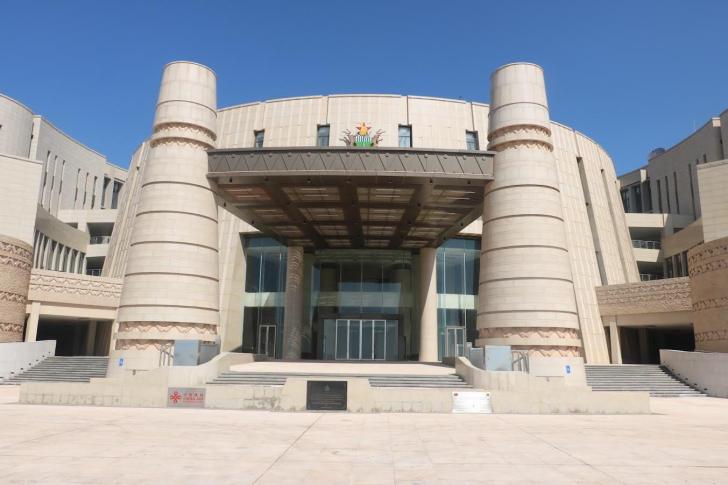News / Local
Overcrowding in schools worries Parliament
30 Jun 2025 at 17:35hrs |
0 Views

A joint parliamentary committee has raised serious concerns over widespread overcrowding in Zimbabwe's primary and secondary schools, warning that deteriorating conditions are threatening the quality of education and weakening teacher effectiveness.
The revelations are contained in a new report compiled by the Portfolio Committee on Primary and Secondary Education and the Thematic Committee on Gender and Development. The joint inquiry focused on the country's progress towards achieving universal access to basic education.
According to the report, many classrooms across Zimbabwe-particularly in urban areas-are operating far above the recommended teacher-pupil ratio of 1:40, severely limiting teachers' capacity to give learners the attention they need.
"The Joint Committee found that many schools are exceeding the standard teacher-pupil ratio of 1:40," the report stated. "This overburdening of teachers hinders their ability to provide individual attention to students, further negatively impacting learning outcomes."
The report also highlighted how the crisis is affecting children with disabilities, with some urban schools implementing "hot-sitting"-a practice where multiple pupils share desks in shifts due to limited space and resources. The practice, the committee warned, disproportionately affects learners who require specialised support.
In rural areas, the situation is just as dire. The committee singled out Gwanda District as an example of the national crisis, citing chronic shortages of schools and teaching staff. It noted that teacher vacancies caused by retirement or resignation often go unfilled for up to three years, leaving learners in key subjects such as mathematics, science, and agriculture without adequate instruction.
The report attributed high teacher turnover to poor living conditions in rural areas, particularly a lack of suitable staff accommodation. In some cases, it said, two to three teachers are forced to share a single room.
"Overall student outcomes, educational quality, and school stability are all negatively impacted by this circumstance," the report reads. "It is practically impossible to recruit and retain talented instructors in rural locations due to a lack of adequate housing amenities."
The committee added that some teachers, unable to live near their assigned schools, are commuting from nearby towns and growth points, often arriving as late as 9:00 a.m.-disrupting the teaching schedule and further compromising learning.
The report calls for urgent government intervention to address infrastructure deficits, review teacher deployment strategies, and invest in decent staff accommodation to help retain skilled educators, particularly in underserved areas.
The revelations are contained in a new report compiled by the Portfolio Committee on Primary and Secondary Education and the Thematic Committee on Gender and Development. The joint inquiry focused on the country's progress towards achieving universal access to basic education.
According to the report, many classrooms across Zimbabwe-particularly in urban areas-are operating far above the recommended teacher-pupil ratio of 1:40, severely limiting teachers' capacity to give learners the attention they need.
"The Joint Committee found that many schools are exceeding the standard teacher-pupil ratio of 1:40," the report stated. "This overburdening of teachers hinders their ability to provide individual attention to students, further negatively impacting learning outcomes."
The report also highlighted how the crisis is affecting children with disabilities, with some urban schools implementing "hot-sitting"-a practice where multiple pupils share desks in shifts due to limited space and resources. The practice, the committee warned, disproportionately affects learners who require specialised support.
The report attributed high teacher turnover to poor living conditions in rural areas, particularly a lack of suitable staff accommodation. In some cases, it said, two to three teachers are forced to share a single room.
"Overall student outcomes, educational quality, and school stability are all negatively impacted by this circumstance," the report reads. "It is practically impossible to recruit and retain talented instructors in rural locations due to a lack of adequate housing amenities."
The committee added that some teachers, unable to live near their assigned schools, are commuting from nearby towns and growth points, often arriving as late as 9:00 a.m.-disrupting the teaching schedule and further compromising learning.
The report calls for urgent government intervention to address infrastructure deficits, review teacher deployment strategies, and invest in decent staff accommodation to help retain skilled educators, particularly in underserved areas.
Source - NewZiana
Join the discussion
Loading comments…


































